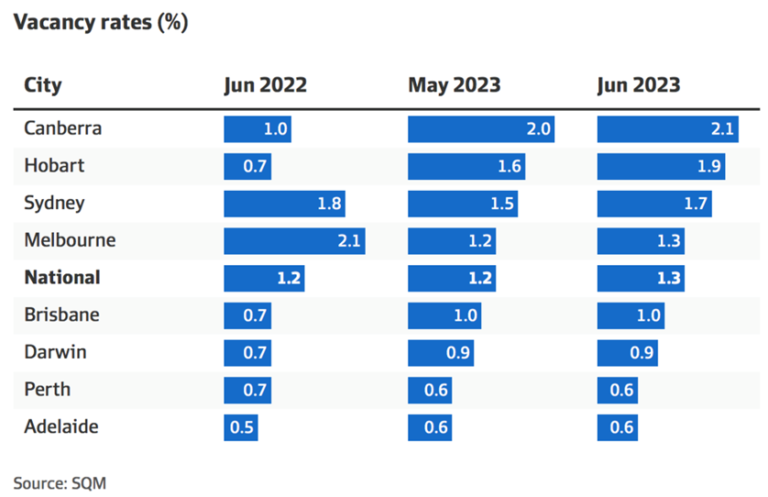Who can inspect company’s book? – from a shareholder’s perspective
Shareholders play a crucial role in the corporate governance structure, and ensuring their right to information is fundamental for a transparent and accountable business environment. What rights does a shareholder enjoy? Corporation Act provides some methods for a shareholder to access the company’s information.
Access to the Company’s Constitution
The constitution serves as a foundational document that defines the company’s structure, rules, and operations. By understanding the constitution, shareholders can better engage in the governance of the company and protect their interests.
Section 139 of the Corporations Act outlines the shareholders’ right to access the company’s constitution. The company is obligated to send a copy of its constitution to any shareholder upon written request. This obligation must be fulfilled within a period of 7 days from the date of the shareholder’s formal request. The shareholder is required to pay fees required by the company, on a reasonable base. Failure to comply with this obligation constitutes an offense of strict liability.

Access to Financial Reports
Financial reports provide a comprehensive overview of the company’s financial health, performance, and future prospects. Shareholders can scrutinise these reports to assess the company’s financial viability, make informed investment decisions, and hold the management accountable.
A financial report includes the financial statements for the year, the notes to the financial statements, and the directors’ declaration about the statements and notes.[1] Such a report must give a true and fair view of the company’s financial position and performance.[2]
Section 293 of the Corporations Act grants shareholders access to the company’s financial reports. However, this right is only limited to shareholders in a small proprietary company.
Small Proprietary Company
What is a small proprietary company?
A small proprietary company is defined as a company that meets at least two of the following criteria:
(a) The consolidated revenue for the financial year is less than $50 million;
(b) The value of the consolidated gross assets at the end of the financial year is less than $25 million;
(c) The company and the entities it controls (if any) have fewer than 100 employees at the end of the financial year.
Shareholders Direction
Shareholders possessing a minimum of 5% of the voting rights in such a small proprietary company have the authority to issue a direction to the company to:
- prepare a financial report and directors’ report for a financial year,
- audit a financial report if requested by the direction,
- send these reports to all shareholders by the later of four months after the financial year end or two months after the direction is given[3].
The direction must be signed by the shareholders issuing the direction and issued no later than 12 months after the conclusion of the relevant financial year.
Furthermore, the direction may outline specific details, including that the financial report does not have to comply with some or all of the accounting standards, or a directors’ report or a part of that report need not be prepared.
Non-compliance with a direction under s 293 within the time limit may result in a Court Order requiring the company to comply with the written direction. Lack of funds for the audit is not an excuse, the Court may order the company to make an undertaking that any capital it raised would be used to facilitate the completion of the audit work.[4]
Access to Company Books
Section 247A empowers shareholders to seek authorization from the court to view specific company books. This provision ensures that shareholders can delve deeper into the company’s records when there are concerns or suspicions about potential misconduct. The court’s authorisation adds a layer of protection for shareholders, allowing them to access critical information essential for evaluating the company’s overall governance and compliance.
Upon application by a shareholder, the Court has the authority to issue orders for the inspection of a company’s books, including documents owned by the company, financial reports or records, records of information, and registers.[5]
Such orders may authorise the applicant or another designated individual to inspect these books, and make copies of the books unless the Court directs otherwise, provided that the Court is satisfied that the applicant is acting in good faith and that the inspection serves a proper purpose.
In the case of Enares Pty Limited v Nimble Money Limited, the shareholder has a dispute with the company regarding issuing of new shares.[6] The Court concluded Enares was not acting in good faith and reject the application. The Court provided that the purpose for an inspection order under s 247A must be related to the applicant’s rights as a shareholder, and the applicant must establish with admissible evidence that their suspicions of breach of duty or oppression are objectively reasonable.
In the case of Hanks v Admiralty Resources NL, the Court deemed a shareholder, who sought an order while providing evidence that genuinely raised concerns about a director’s breach of duty, to be acting in good faith and for a proper purpose.[7] This determination was made irrespective of whether there were actual breaches by the director.
The shareholders’ right to information is a cornerstone of corporate governance, fostering transparency, accountability, and trust within a company. By understanding and utilising provisions such as Section 193, Section 293, and Section 247A of the Corporations Act, shareholders can actively engage in the governance of the company, ensuring its long-term sustainability and protecting the interests of all stakeholders. The continuous exercise of these rights contributes to the development of a robust and responsible corporate culture.
If you have any question regarding accessing company’s information as a shareholder, please do not hesitate to contact Jurisbridge at +61 2 8355 3737.
[1] Corporations Act s 295.
[2] Corporations Act s 297.
[3] Corporations Act s 315.
[4] Trafalgar West Investments Pty Ltd v Superior Laws Australia Pty Ltd [2011] WASC 171.
[5] Engel v National Biodiesel Ltd [2015] FCA 1114.
[6] Enares Pty Limited v Nimble Money Limited [2022] FCAFC 126.
[7] Hanks v Admiralty Resources NL [2011] FCA 891.




